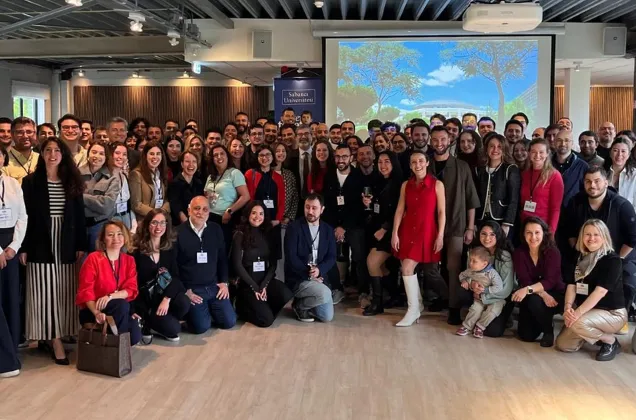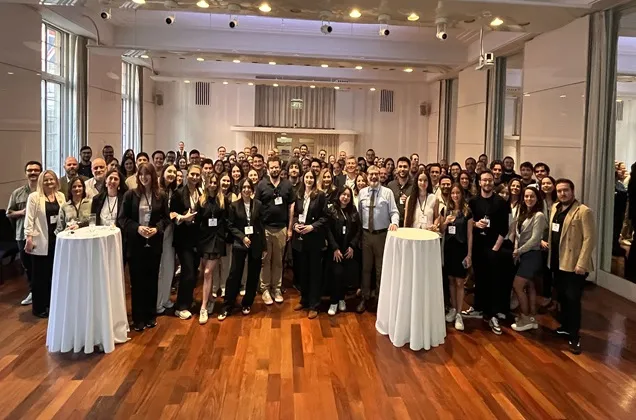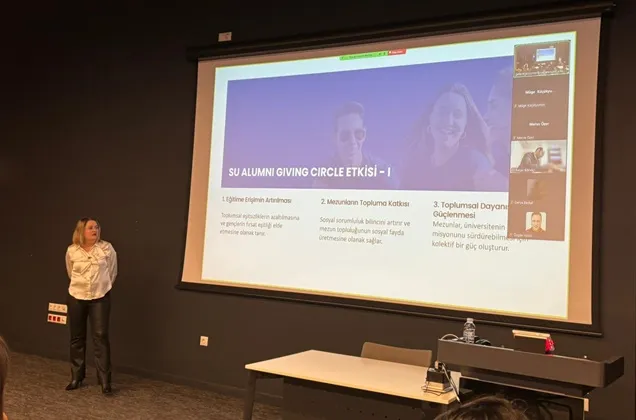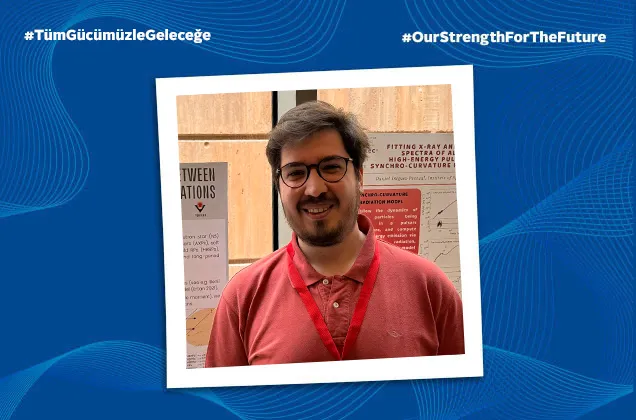12/11/2020
A 2009 graduate of the Electronics Engineering Program of Sabancı University and a faculty member at Boston University, Rabia Tuğçe Yazicigil has received a grant support of USD 1.5 Million from National Science Foundation for her project called “SemiSynBio-II: HybridBio-Electronic Microfluidic Memory Arrays for Large-Scale Testing and Remote Deployment”.
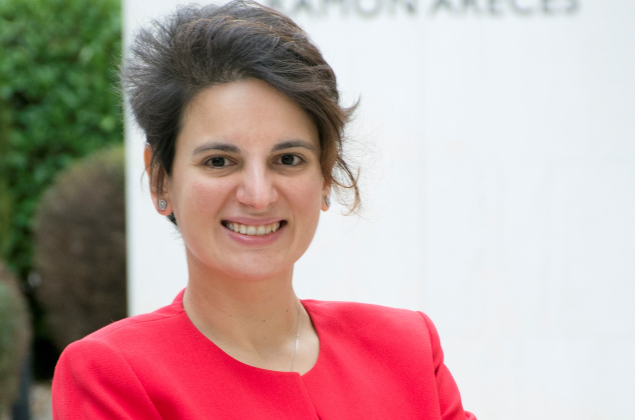
With her interdisciplinary research project, Rabia Tuğçe Yazıcıgil aims to design genetically engineered cellular memory systems using the memory skill of complex genetic systems and ultimately to create intelligent biosensors. Yazıcıgil is collaborating with Prof. Douglas Densmore, a faculty member at the Electronics and Computer Engineer Department, and Prof. Ahmad Khalil and Prof. Wilson Wong, faculty members at the Biomedical Engineering Department.
Below is our interview with our graduate Rabia Tuğçe Yazıcıgil.
Hello, first of all, congratulations. Can you tell us about your project, for which you received a grant from the National Science Foundation? What findings do you plan to make in your project, which is planned to take three years?
R.T.Y: Thank you for your interest. Our project is called “SemiSynBio-II: HybridBio-Electronic Microfluidic Memory Arrays forLarge ScaleTestingand Remote Deployment”. In this project, I am working with Prof. Douglas Densmore, a faculty member at the Electronics and Computer Engineer Department, and Prof. Ahmad Khalil and Prof. Wilson Wong, faculty members at the Biomedical Engineering Department.
As is known, complex genetic systems including bacteria, mammalian living cells, or even all living organisms have the ability to remember their environment. Using this ability, we will design genetically engineered cellular memory systems and create intelligent biosensors. Douglas Densmore's team will use microfluidic designs to test these smart sensors. In a sense, we will be able to create an artificial testing environment and test a large number of genetically processed biological memory systems. My group will design the wireless electronic technologies of these sensors and control their ability to detect changes in and around the biological environment and respond to those changes. Ahmad and Wilson’s group will design the genetically engineered memories.
The most significant difference of these memory designs will be that they will last longer and their capacity will be increased compared to previous designs. When these intelligent and bio-electronic sensors are used together, they will be able to observe toxins, heavy metals, or hormones in the environment (these may be biological or natural environments such as the digestive system or a stream or river), react to changes in the environment, and write the data to biological memory systems with the help of electronic circuits.
For more information about the project:
http://www.bu.edu/eng/2020/09/01/densmore-and-yazicigil-win-nsf-grant/
As Sabancı University, we wish you success in your project. What do you recommend to our students and recent graduates?
R.T.Y: As you can imagine, this is a very interdisciplinary research project, and therefore much more enjoyable. It is a long and risky research project, but it is a project that we hope will have a high impact. My advice to students and recent graduates is to be open to collaborating with interdisciplinary groups in research studies. Because when working with people from different backgrounds, it is much easier to move to new areas or add new topics on top of their basic knowledge. For me, it is very enjoyable to work with groups from different backgrounds, because I am learning something new every day. You can think of it as learning a new language. Sharing your work with each other in meetings strengthens your transfer power. Do not be afraid of risky projects; you will see that the smallest step you take or every successful stage of the project can be very highly beneficial to the society. This gives you happiness and encouragement for the future.
For those who want to learn more about my group, the Wireless Integrated Systems and Extreme Circuits (WISE-Circuits) Lab., our website is wisecircuits.bu.edu.

